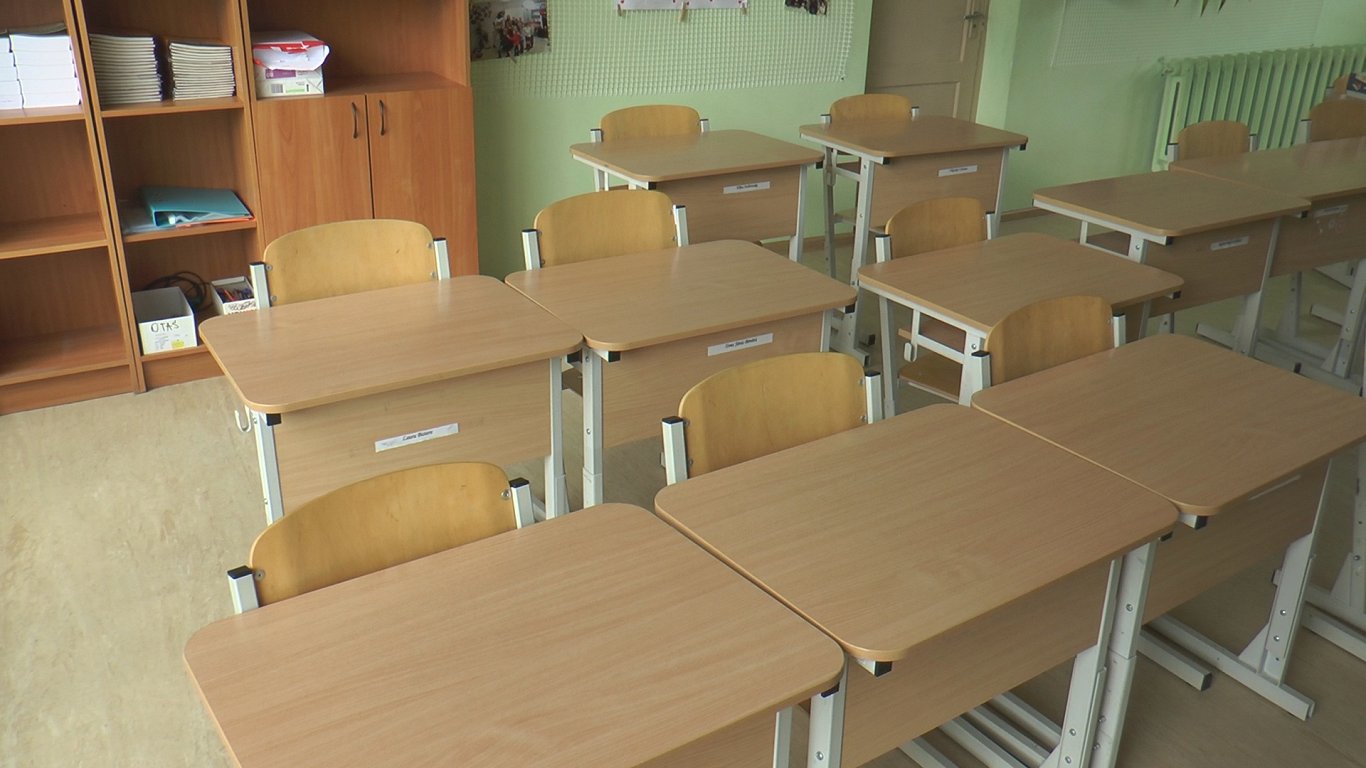Currently, more than 45 thousand pupils have enrolled in a minority language general education program in Latvia. This means that year 1–6 pupils learn 50% of the content in the state language, whereas years 7–9 learn 80% of the content in Latvian. Gradually, a switch to exclusively teaching in the official language will be taking place over the next few years.
In minority schools, the views of the planned transition are different. Deniss Kļukins, principal of the Rīga Rīnūži high school, says he supports the transition in general but the way it is implemented has been ill-considered. He said that the system currently lacks the resources to make the transition successful: there is a lack of material suitable for teachers, support staff, and minorities. In spite of this, the transition will be started in the school already this September.
Rīga Classical Gymnasium also supports the transition. In this school, students of years 1-6 learn two languages, but from class 7 everyone learns in Latvian. Director Romans Alijevs believes that creating minority programs was not a good idea originally. it has contributed to school segregation and does not promote Russian-speaking inclusion in society.
"The biggest problem here is pupils who don't have experience. They have no experience in using Latvian. It's the biggest problem. The pupils are not guilty. They are victims and hostages of teachers' poor-quality work.
"They don't have other teachers. And students can rarely choose another teacher, only by changing school and so on. And that's also what we see, which schools are more demanded, which are less demanded. And you need to ask the parents why they do it, why they chose it. All children must have equal opportunities and the right to quality education," Alijevs said.
He said the first obstacle is teachers with weak language knowledge. According to Alijevs' estimates, as many as half of minority teachers could have problems. Many schools still use teaching materials translated from Latvian into Russian. That, too, is not acceptable in his view.
The real extent of the problem is not known. However, schools are subject to checks, both within the framework of the control program and on the basis of requests from persons or institutions. The checks will be performed by the State Language Center (VVC).
VVC told Latvian Radio that the situation in schools varied. For the most part, it depends on the leadership. Data show that, on average, in minority schools, 10%-30% of teachers do not use the required state language. In such cases, the Center shall apply an administrative penalty, a warning, or a fine of EUR 35-150 on average. Unfortunately, this does not address the situation.
This issue is not a mere question of language skills, but of loyalty to the Latvian state and the understanding of democracy.
Velta Čebotarenoka, former authority of Latvia's independence fights and head of the May 4 Declaration Club, who occasionally visits minority schools, confirmed the issue.
"[..] My question at any school is: Is there a war in Ukraine? Do you agree with me? If you agree, raise your hands. In total, of the two groups, 60 children – four in one group raised their hands and two in the other. It was a big shock to me.
"Those children were no longer children, they were 16-18 years old. And at the end of the lesson, when I said Glory to Ukraine! [..] the teacher came over and said, you know, Mrs. Čebotarenoka, they were very embarrassed, worried, unable to answer you because you were attacking. Glory to Ukraine is attacking? I don't think so, anyway."
At another school in Rīga, when teachers began to say there was a war in Ukraine instead of a special operation, several pupils had gone to other schools. Čebotarenoka said: “I think it's the first task here to test which schools they chose to go to. Because it alone shows that somewhere, apparently, it's not a war.”
The next few years will therefore be difficult in some minority schools – teachers must not only learn Latvian but also become loyal to the Latvian state. This is likely to mean that a part of the older generation's teachers' jobs could be vacated. Dennis Kļuškins, principal of the Rīga Rīnūži High School, is worried about this because he believes that these teachers will no longer improve their language skills.
The transition is fully planned to be completed in the year 2025/2026 when all twelve years in general education will be taught in Latvian.





























